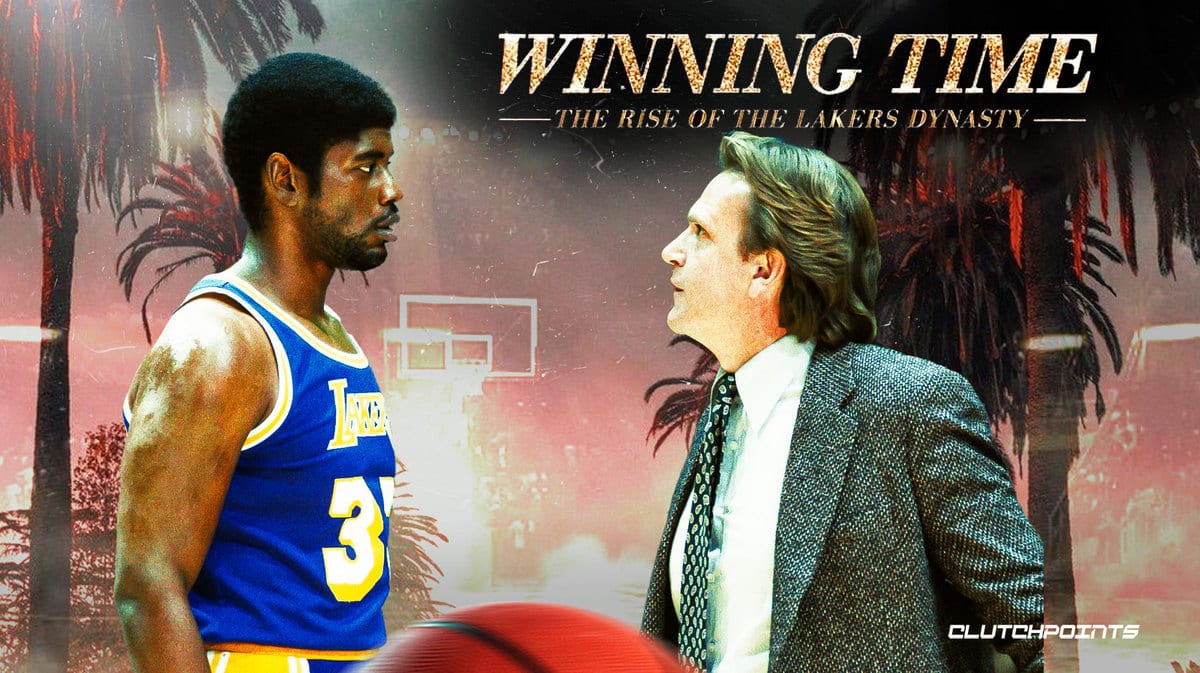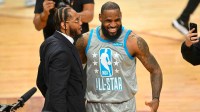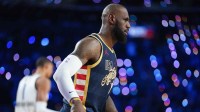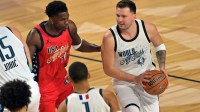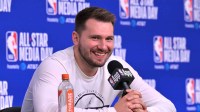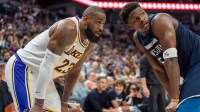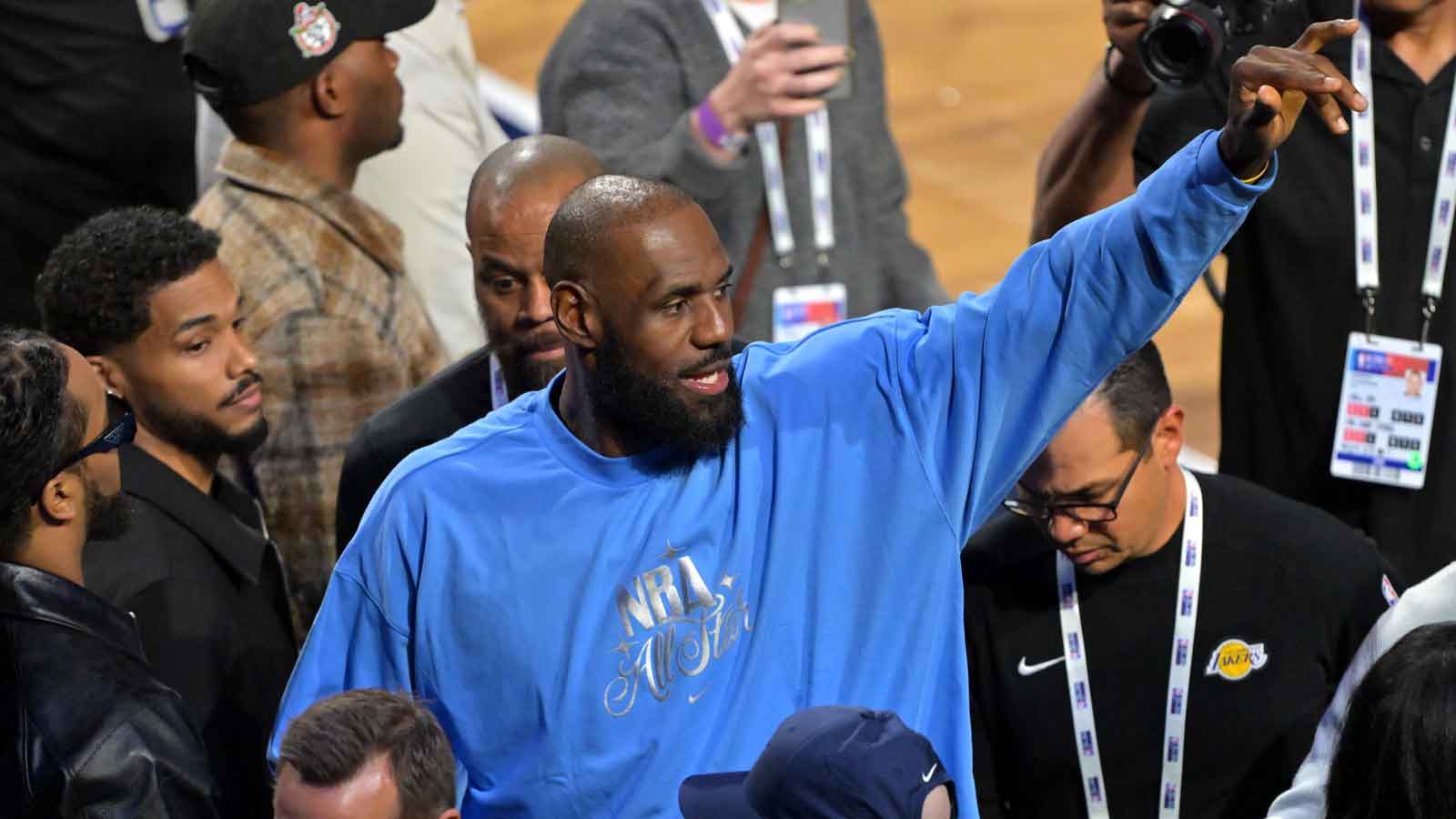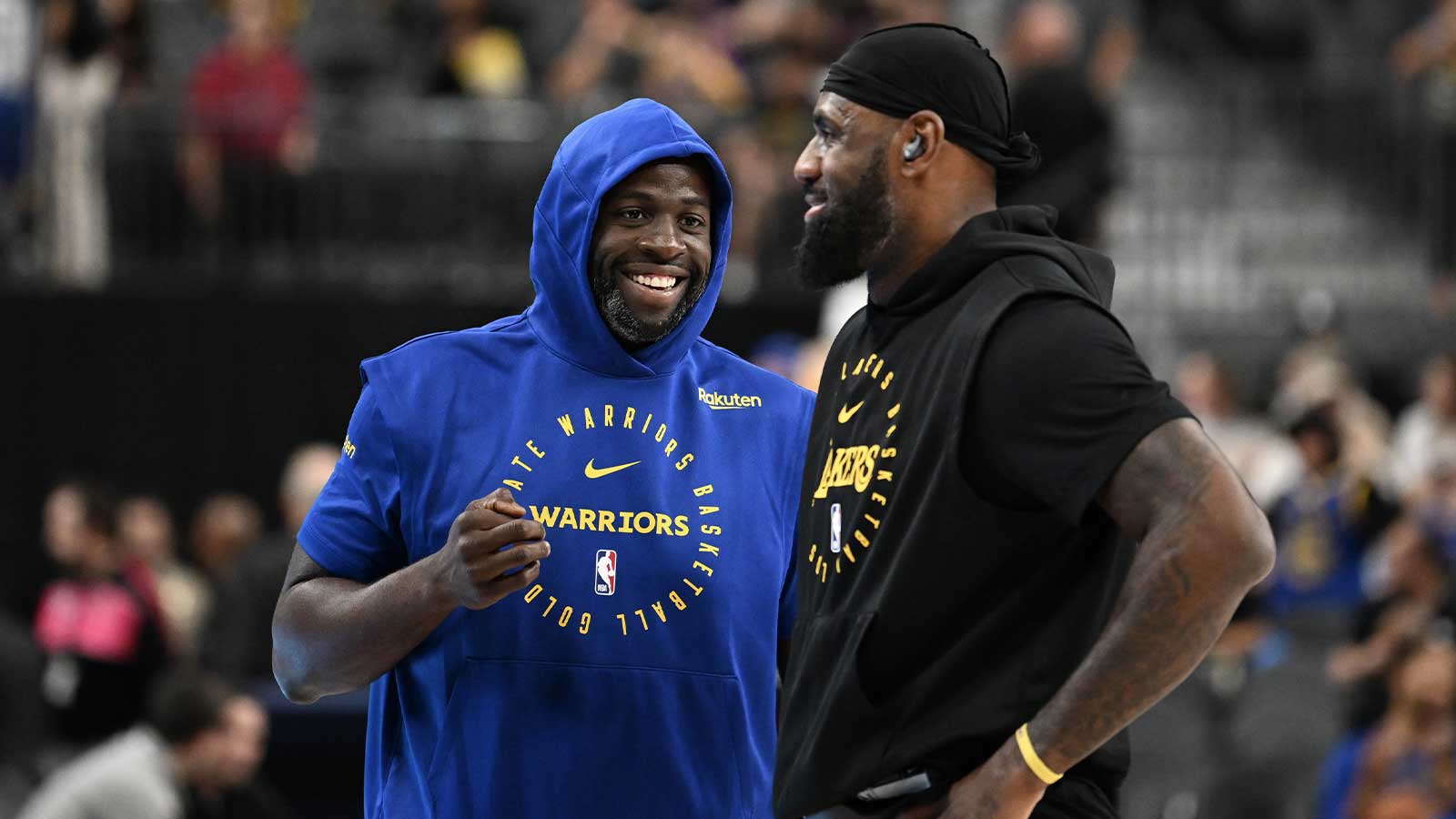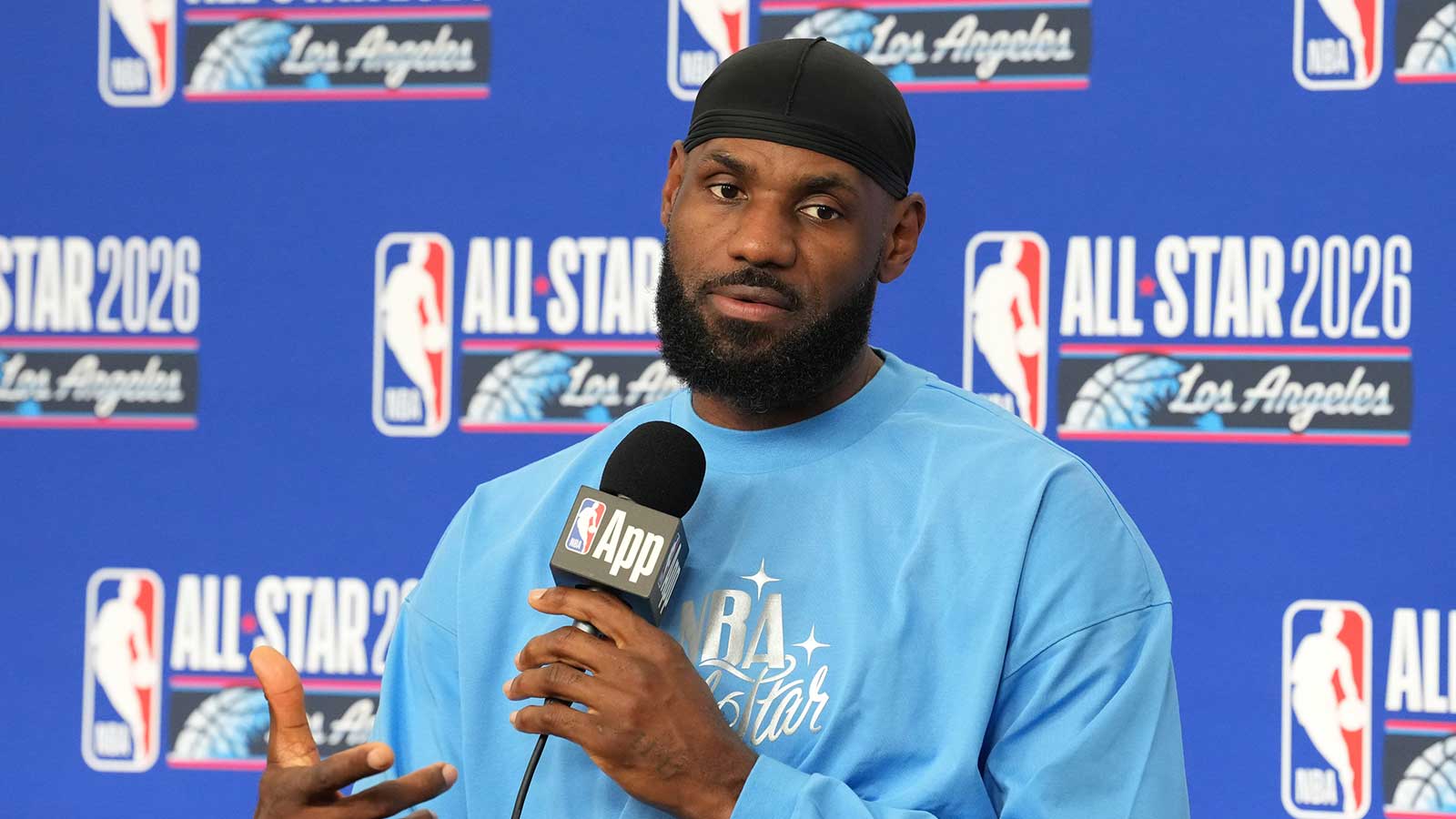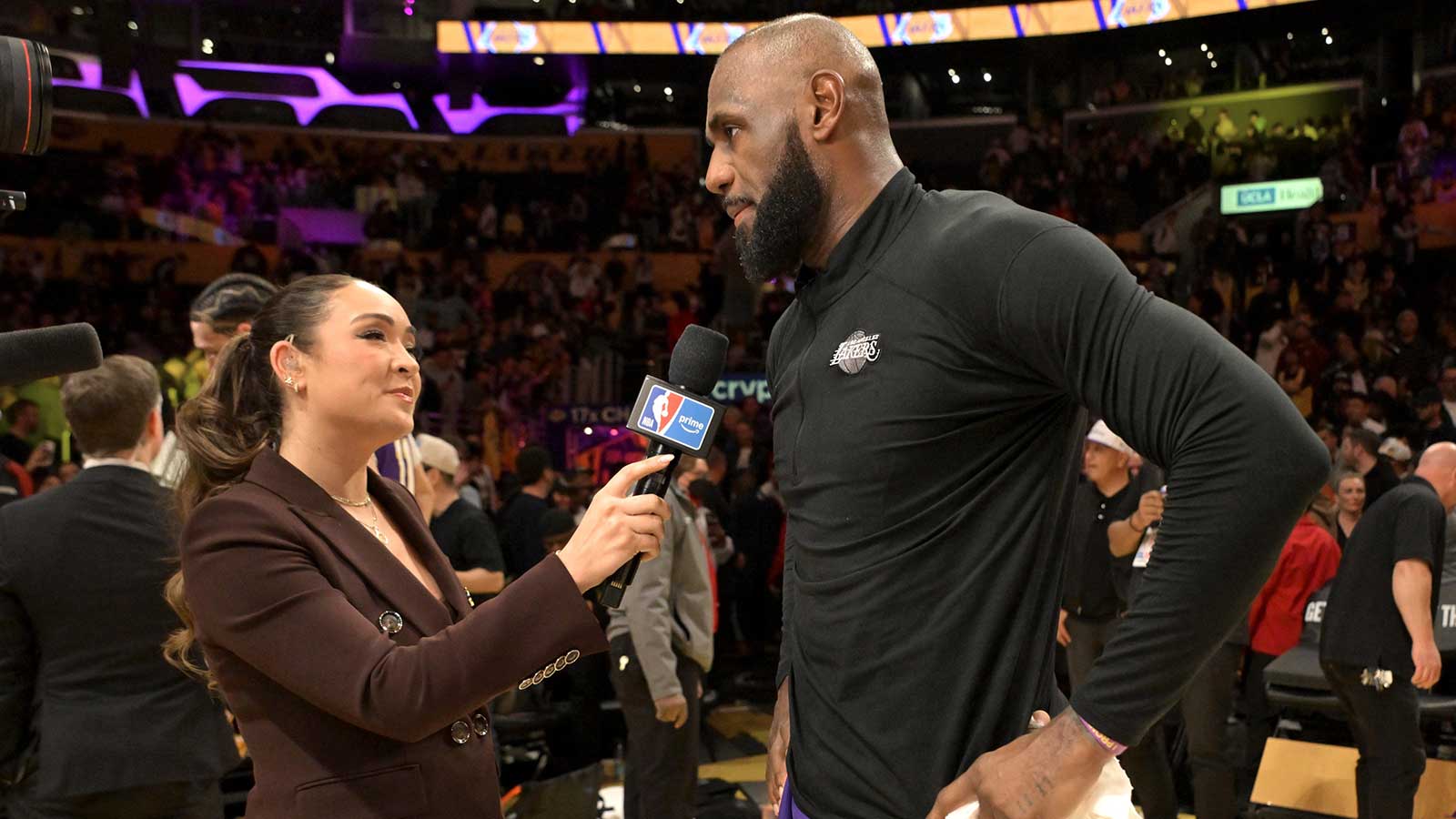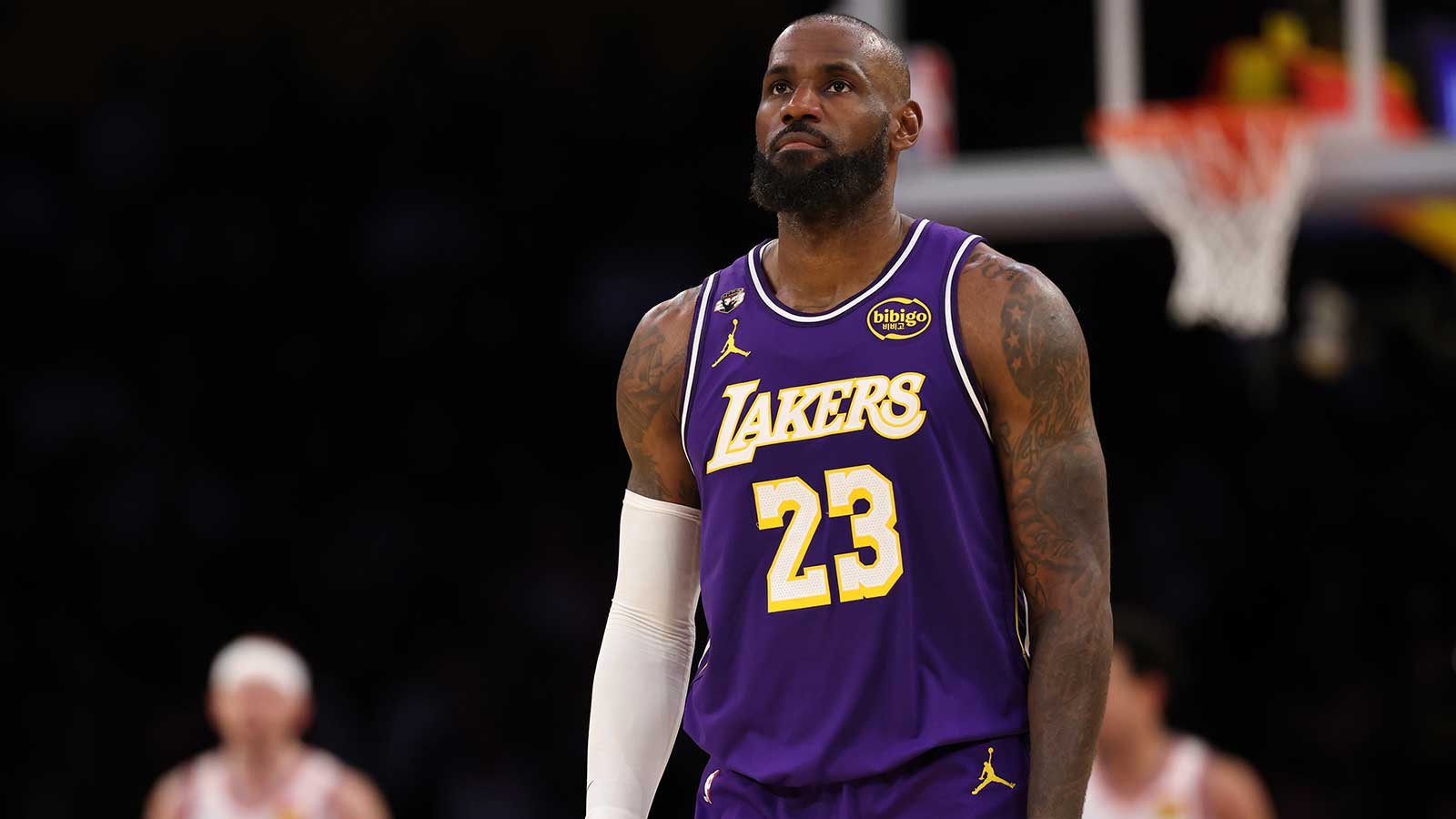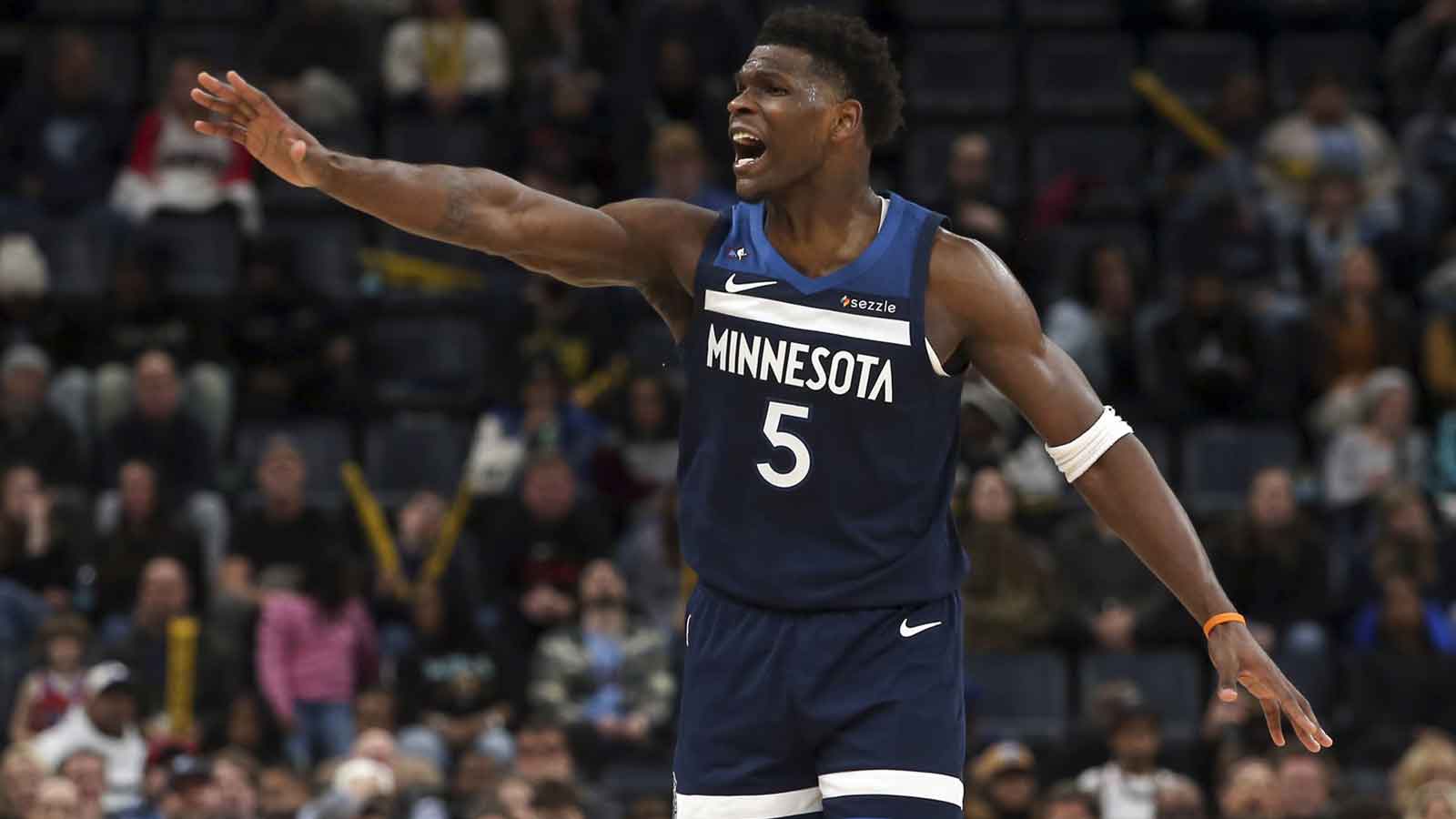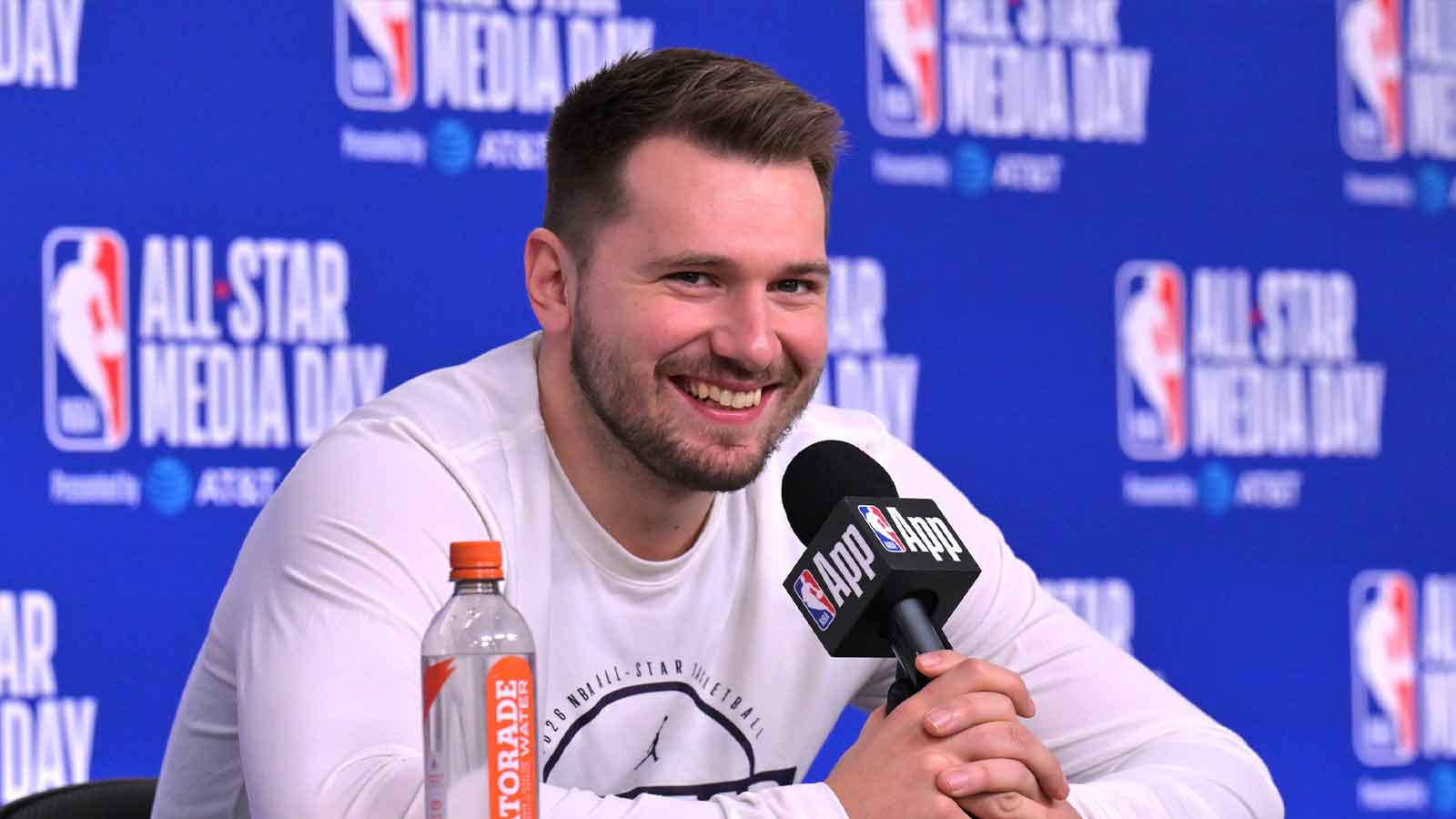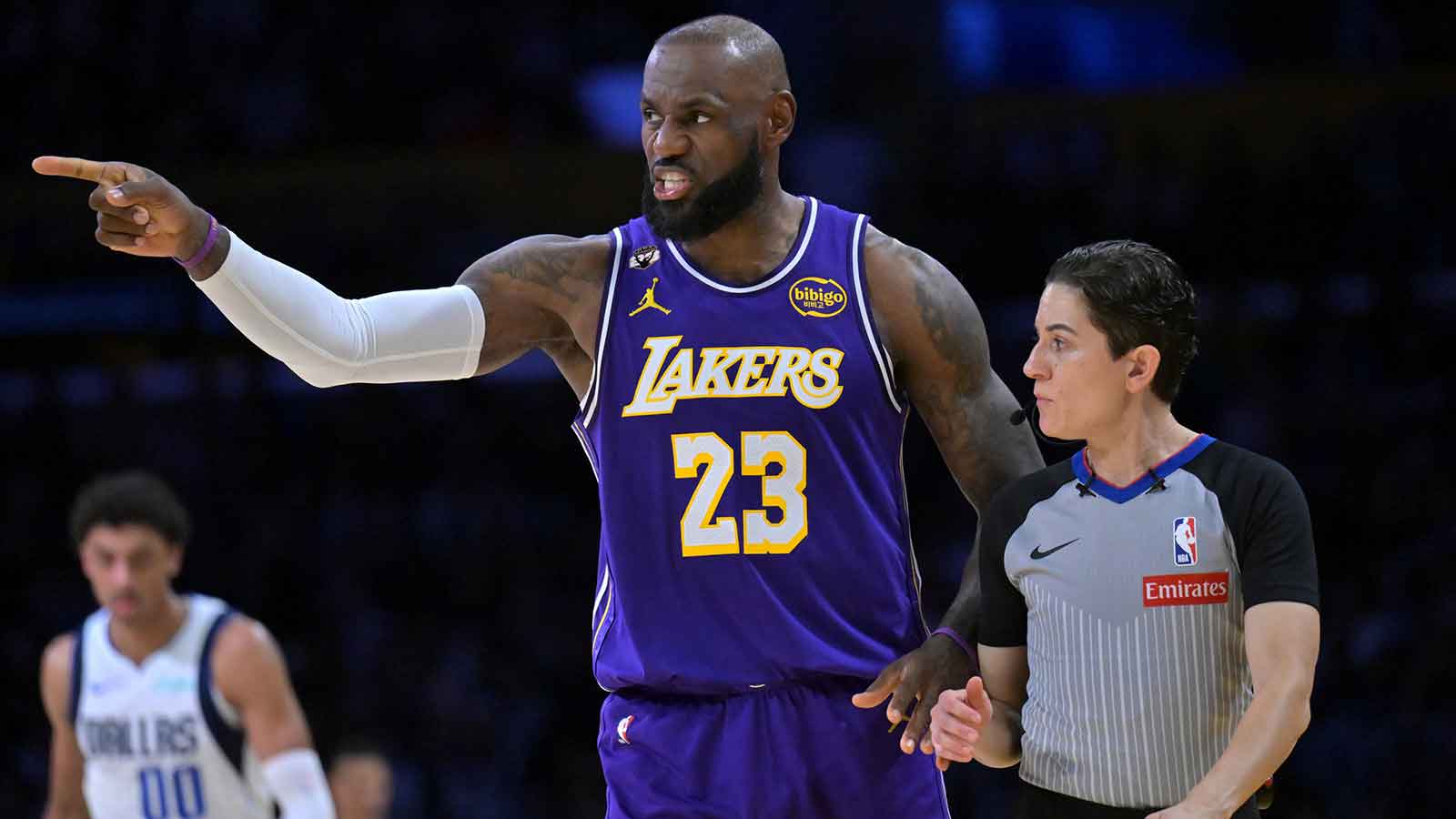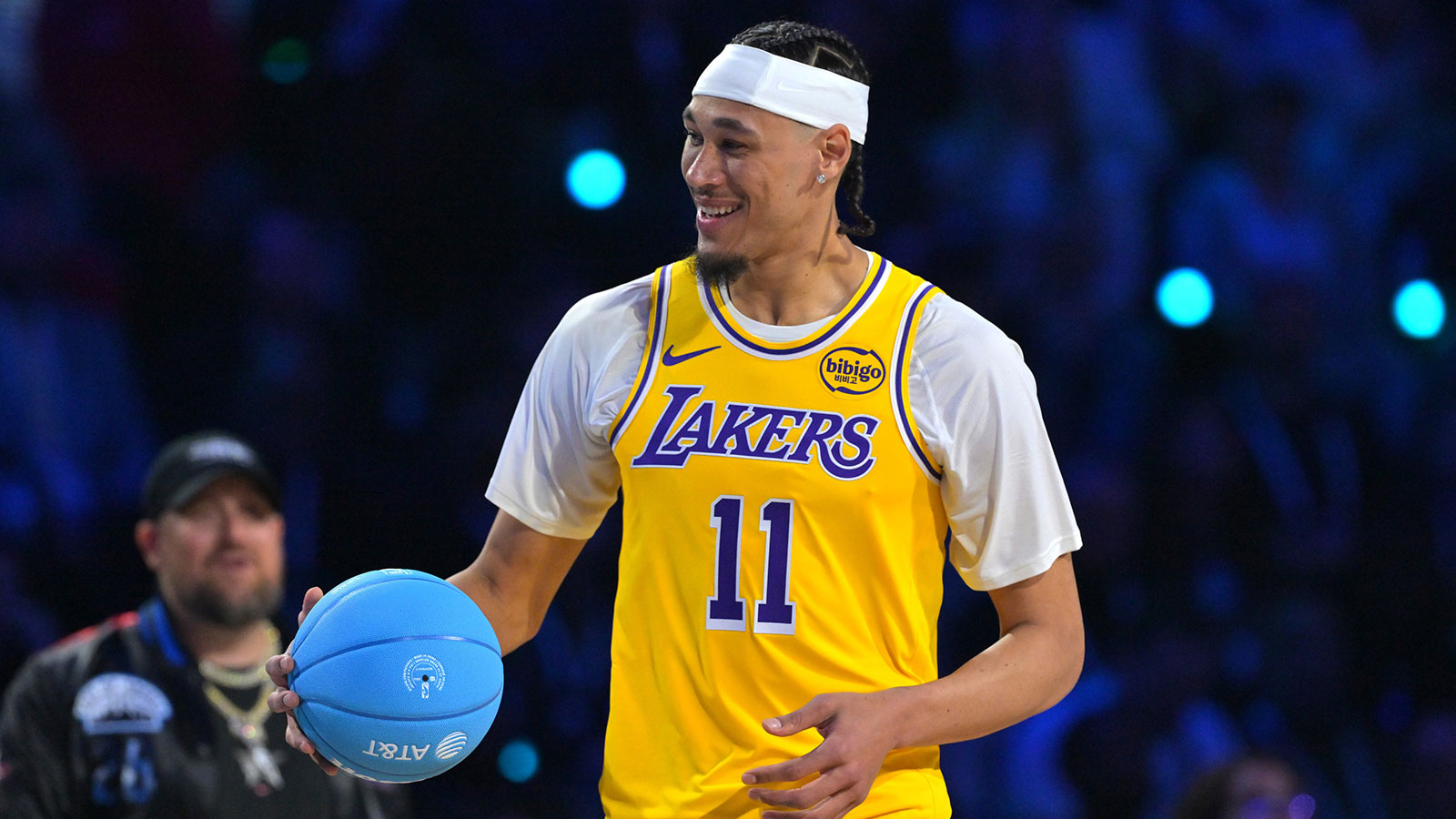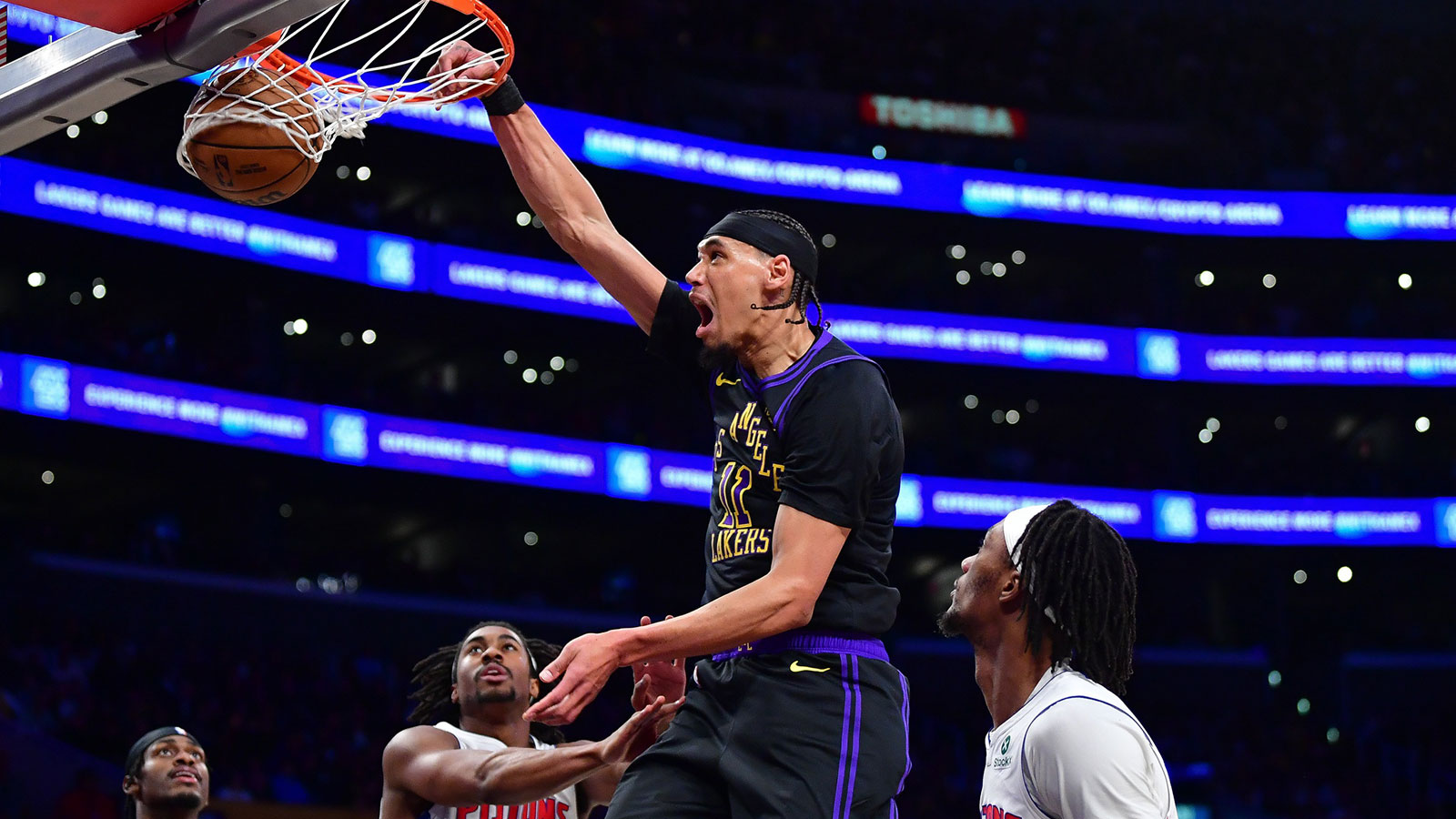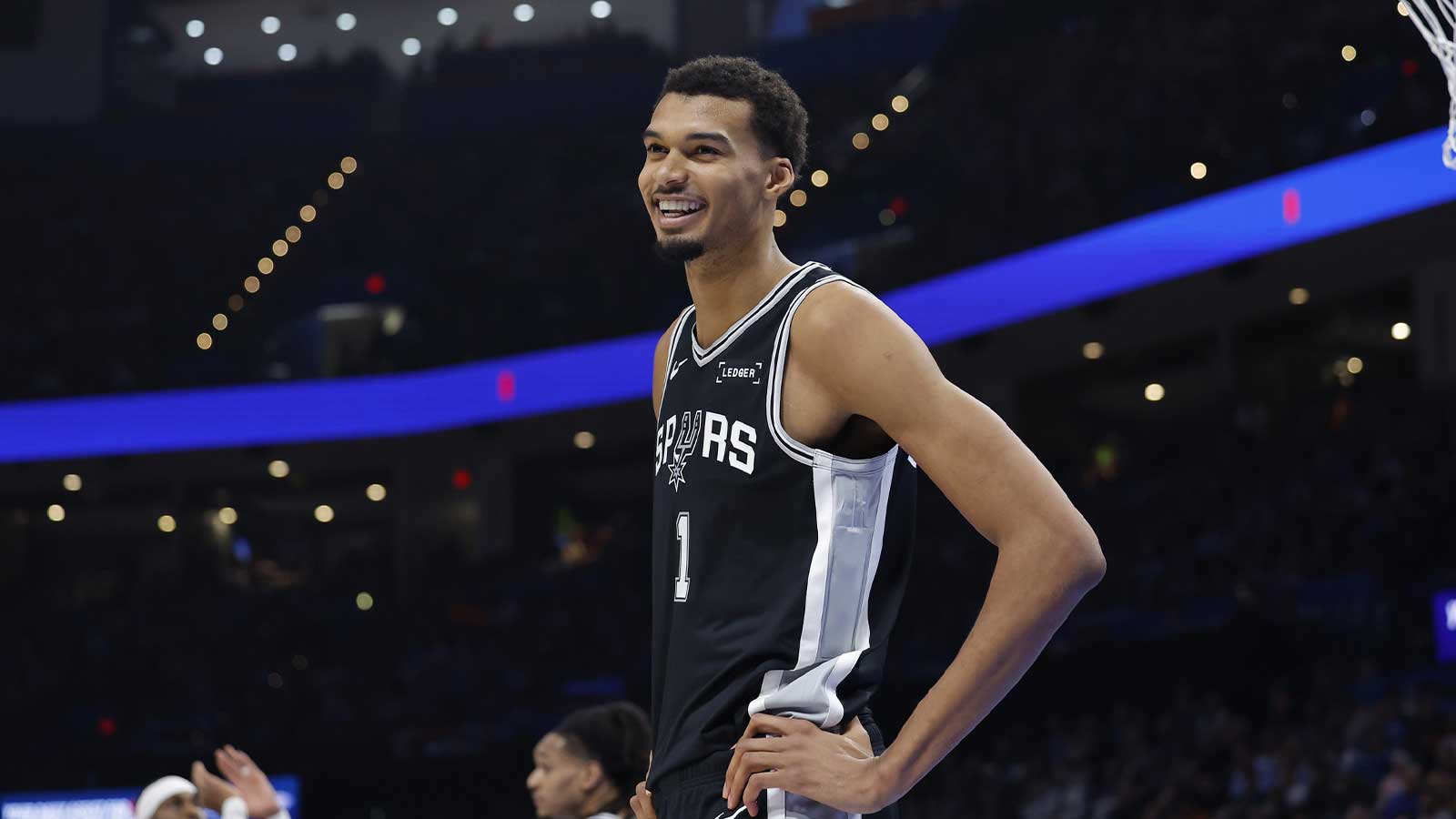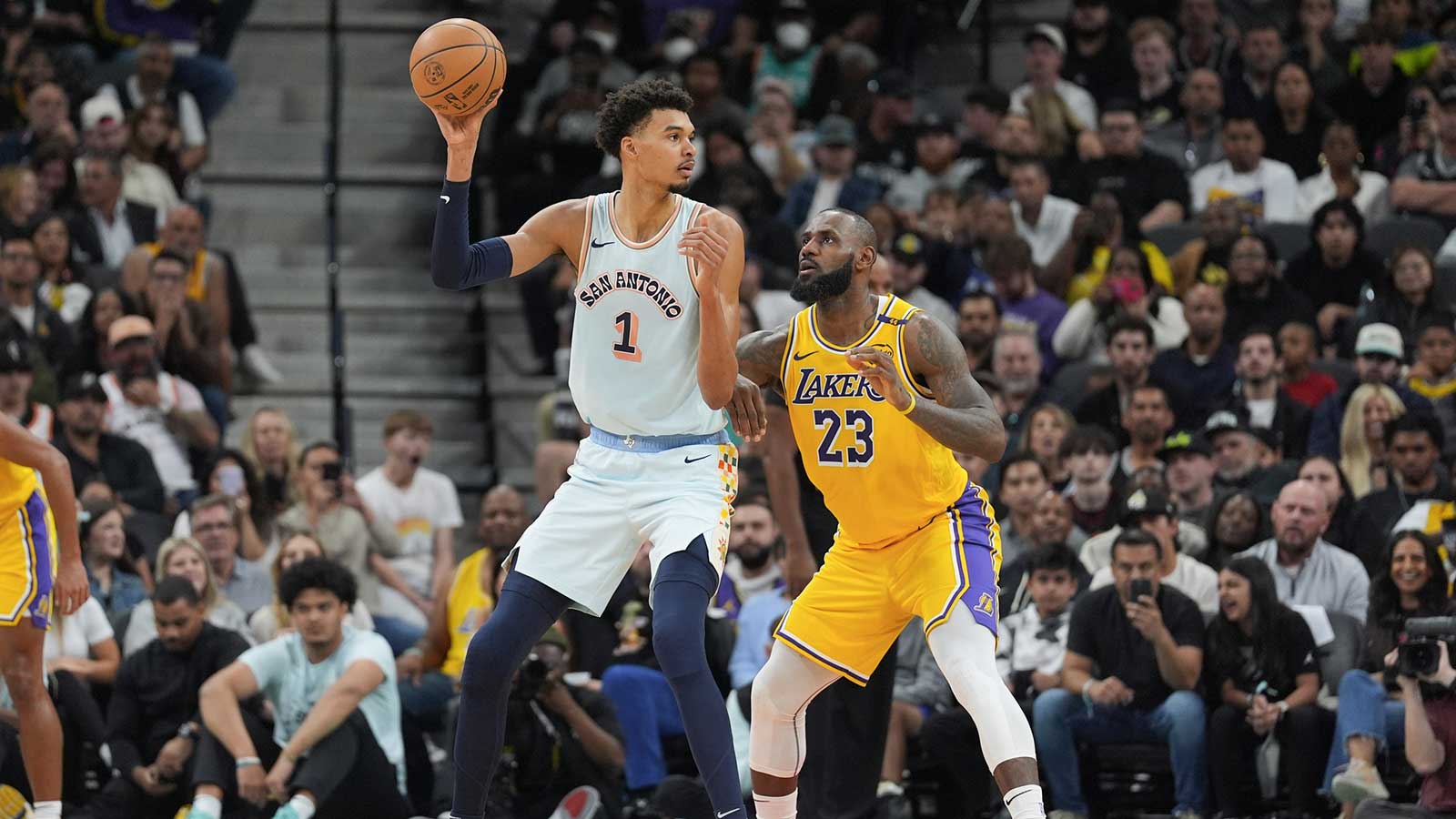The creative team behind Season 2 of “Winning Time: Rise of the Lakers Dynasty” compiled a companion guide outlining the historical accuracy of each episode, which they provided to ClutchPoints' Lakers reporter.
“We felt it important to show our work out of respect for the many living characters depicted,” the creators wrote. (Episodes begin with a disclaimer: “This series is a dramatization of certain facts and events. Some of the names have been changed and some of the events and characters have been fictionalized, modified or composited for dramatic purposes.”)
True: Sports Illustrated covers used to mean a whole lot. Also true: the Lakers thought they landed the cover of SI’s “Pro Basketball Issue” ahead of the 1981-82 season and were blindsided when Larry Bird got the honors.
Instead, the Lakers article ran inside the mag and included a regrettable photo of Paul Westhead as a teacher and the players as students. The groan-inducing headline: “What are Norm Nixon, Kareem Abdul-Jabbar, Jamaal Wilkes, and Magic Johnson doing in a classroom with Laker Coach Paul Westhead? Hitting the blackboards.”
Shockingly, the article was poorly received in the locker room. The Lakers, despite one sizable exception, became “united” in their “disdain” for the future Guru of Go.
“That photograph was an awful idea,” said a Lakers official, per Jeff Pearlman’s source text. “It reinforced the negative feelings about Paul and made some guys even angrier than they had been. It was a huge — and I mean huge — error in judgment.”
Additionally, Episode 4 dramatizes the introduction of Kurt Rambis (still a Lakers executive, along with his wife, Linda), who is accurately portrayed as an eccentric underdog. The aspiring medical student (like Pau Gasol) was nearly done with pro hoops when he was identified by Westhead’s scout Mike Thibault — a source of tension in Episode 3 and real life — and earned a tryout with the Lakers. Jerry West was unimpressed (though he hated everything Thibault suggested), but Westhead, with pushing from Riley, backed Rambis. (“He's not a numbers guy, he's effort. This is the kind of s**t that wins games,” proclaims the future Heat Culture architect.)
“Cool. Far out, man,” Rambis responds when Adrien Brody's Riley informs him he made the squad.
The fledgling NBA was overly reliant on the Lakers and Celtics in the early '80s, evidenced by an unnecessarily dramatic preseason bout between the rivals. Westhead, with his job on the line, truly did go all-in. He pushed his starters to earn the dub, even though Boston deployed second-stringers in the first half. At the order of Red Auerbach, per the show, the Celtics played their starters in the second half (the nature of Auerbach's directive and Bird's epic cig drag are unconfirmed).
“It was like a playoff game,” Magic Johnson wrote in his autobiography. “Westhead … played for the win … We played the Boston game as if the entire season was riding on its outcome … It wore us out.”
As was teased in “The Second Coming,” Dr. Buss offers Magic the infamous 25-year, $25 million “lifetime” contract, making him the highest-paid athlete in the world. As the show depicts, Buss intended to keep the deal a secret but blew his own cover after somebody in the league office — or possibly Auerbach, as the show suggests — leaked the news at halftime of the preseason matchup.
Magic’s unprecedented arrangement ruffled feathers, especially those of Kareem, who instantly flirted with returning to his hometown of New York and turned down an extension from Dr. Buss. (Norm Nixon and Michael Cooper were not thrilled by the contract, either.)
“What is Magic, player or management?” Kareem asked the Los Angeles Times. He reportedly started to call Magic the Buss' “favorite child.”
“They would never have said it, but the unstated thing was not to win, but to entertain,” Abdul-Jabbar later wrote.
Everybody in the Lakers organization was feeling the pressure to perform, but nothing ramped up the heat more so than Cap threatening to bolt.
Furthermore, while Westhead’s structured “System” — essentially: have players set up in the same spots from which they're most efficient and immediately shoot, rather than allowing free-flowing hoops — briefly worked when Magic was hurt in 1980-81, the team grew wary of the strategy and Westhead's stubborn devotion to it.
“Everybody’s running into everybody else,” noted Nixon. (Kareem benefited from the style, as it encouraged his post-ups.)
In his memoir, Westhead stood by his tactics and blamed Magic’s lack of confidence in his recently injured knee and reluctance to buy in.
“Magic … was unwilling to cooperate with the program unless it was on his terms,” Westhead wrote.
Things got so bad that, as dramatized on the show, Magic refused to board the team bus after a loss to the San Antonio Spurs in protest, even though the team was amid a winning streak.
Writes Pearlman: “The chemistry between coach and players was becoming increasingly strained and awkward. Especially the chemistry between coach and one particular player. ‘Magic came to really hate Paul,’ said Cooper. ‘I mean, he really hated him … with Westhead, you had a coach trying to get his star’s attention, and his star basically saying, ‘F**k you. I don’t believe in a thing you’re doing.’”
(Riley did really wear a neck brace due to stress induced by his fraying relationship with Westhead.)
Eventually — as accurately portrayed — Magic’s frustration with Westhead reached Dr. Buss. West later claimed that he believed Westhead was not the right coach for the Lakers, although there are conflicting accounts of where he stood on the situation.
Episode 4 recreates a game against the Indiana Pacers in which Westhead and his mentor/predecessor, Jack McKinney, have a hostile lunch at Hamburger Hamlet. Per the creators, the details of the lunch are dramatized but the tension was real. In actuality, Westhead and McKinney — at that point successfully coaching Indiana — met at The Forum. The Lakers won in double OT, but the game shouldn't have been that close.
The episode then dramatizes a scene on Nov. 18, 1981, when tensions boiled over between Magic and Westhead in Salt Lake City. The Lakers should have smashed the Utah Jazz, but Westhead’s System/ego negated Magic's joyfulness and the team's talent advantage. The Lakers won, but nobody was happy. Magic and Westhead verbally sparred in an equipment room.
“‘I’m tired of your horses**t attitude,’” Westhead told Magic, per the episode and both of their memoirs.
Later that night, Magic publicly expressed his disdain for Westhead via a trade request.
“I can’t play here anymore,” he said from his hotel room. “I want to leave. I want to be traded.” (According to the creators, this was the first public NBA trade request.) In the show, Magic Johnson makes the remarks from the Lakers' locker room postgame.
Finally: The Lakers' throwback warmups are forever unmatched. That's a fact.

